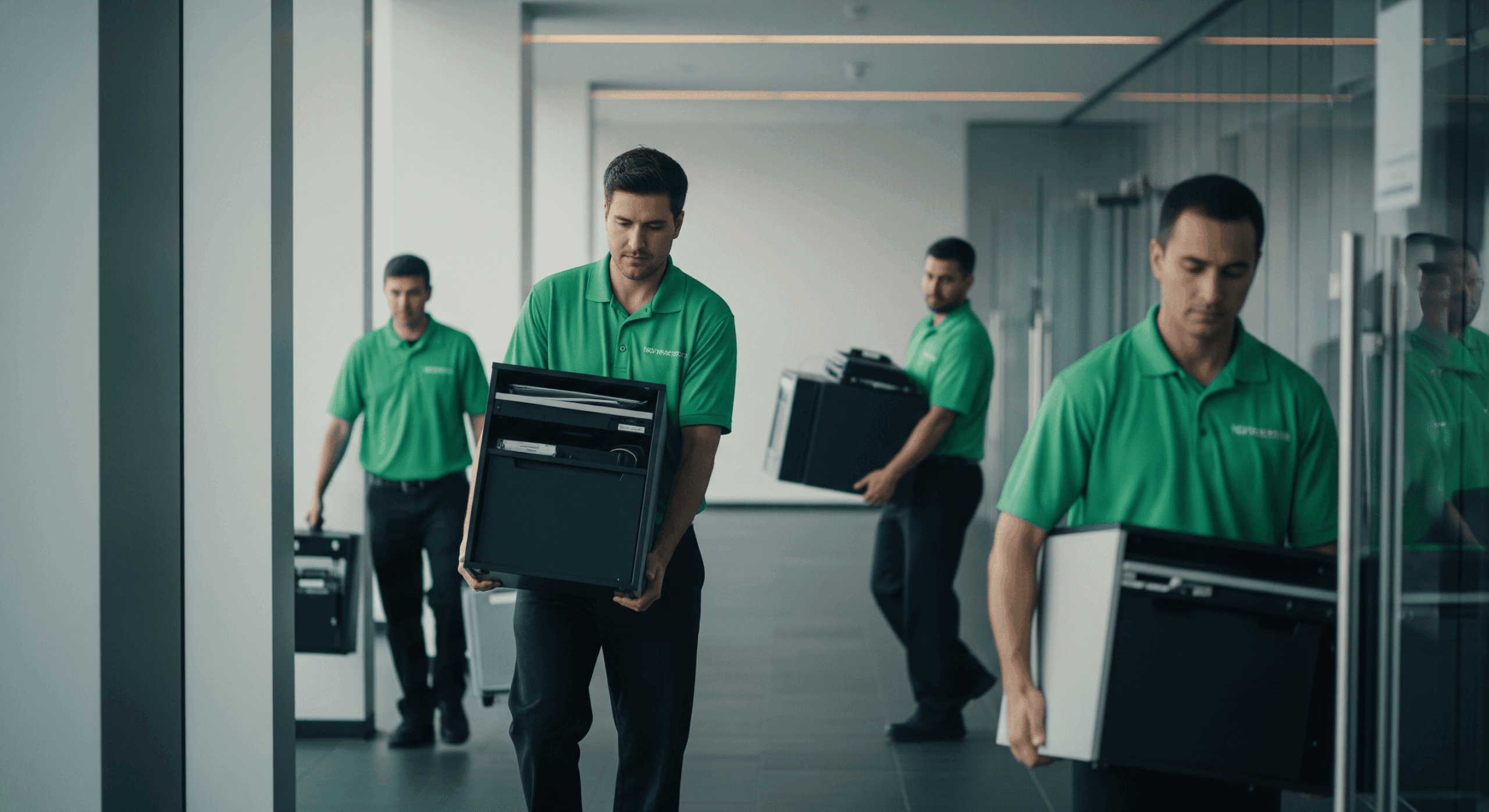Relocating a business in Seattle comes with unique challenges—tight timelines, complex equipment, employee coordination, and the pressure to avoid operational shutdowns. Choosing experienced commercial movers in Seattle, WA is one of the most effective ways to ensure your relocation stays efficient and disruption-free. With the right strategy and team in place, companies can transition to a new office, warehouse, or retail space without sacrificing productivity or customer service.
Whether you’re moving a small office or a full commercial facility, this guide outlines proven methods to minimize downtime and keep your business running smoothly throughout the move.
TLDR Quick Guide
- The key to low-downtime commercial moves is planning, professional coordination, and using experienced commercial movers in Seattle, WA.
- Create timelines, prepare your teams, and use packing pros to avoid workflow interruptions.
- Working with reputable movers ensures your equipment, furniture, and documents transition smoothly with minimal business disruption.
Why Professional Commercial Movers Matter
Business moves are not like residential relocations—they require specialized handling, equipment knowledge, liability protection, and precise timing. Professional moving teams understand how to transport everything from office furniture to heavy machinery safely and efficiently. For Seattle businesses operating in a competitive environment, partnering with a team that knows the city and its logistics helps reduce delays and avoid costly disruptions.
If you’re relocating a smaller workspace or branching into multiple units, using packing services like those offered here: professional packing services can eliminate bottlenecks and speed up the transition.
Key Strategies to Reduce Downtime During a Business Move
1. Start Planning Early
A commercial relocation timeline should begin weeks or even months in advance. Early planning gives your team time to prepare, organize, and adjust schedules around potential downtime. This also allows your moving company to anticipate equipment needs, parking logistics, freight elevator access, and special handling instructions.
Companies that move across multiple locations may also benefit from reviewing the process used by other moving types, such as local moving services:
Local moving solutions
2. Assign Move Coordinators Within Each Department
Internal coordination is one of the best ways to eliminate delays. Assigning a “move lead” for each department ensures everyone stays informed and responsibilities are distributed evenly. This helps streamline packing, labeling, and internal communication before and after the relocation.
3. Use Professional Packing and Labeling Services
Improper packing is one of the biggest contributors to downtime during office relocations. Hiring experts who specialize in commercial packing reduces the risk of damaged equipment and allows employees to continue working until the move date. It also ensures furniture, computers, and documents arrive organized and ready for immediate setup.
For businesses with large furniture inventories, this resource can help:
Office and furniture moving
4. Move During Off-Hours or Weekends
Planning your relocation outside of operating hours is one of the easiest ways to minimize downtime. Early mornings, late evenings, or weekend moves help ensure your team is ready to operate at full capacity the next business day.
If your move requires urgent or last-minute changes, consider options similar to same-day moving services for faster scheduling support:
Same-day moving availability
5. Choose Commercial Movers Familiar With Seattle Logistics
Seattle’s urban environment comes with unique challenges—one-way streets, narrow loading zones, limited parking, and traffic congestion around hubs like South Lake Union and downtown. A moving team with local experience helps you avoid delays by navigating these routes efficiently and securing necessary permits in advance.
For companies staying within the area, this local moving resource is relevant:
Seattle movers for smooth transitions
6. Ensure Your IT Team Has a Dedicated Plan
Tech downtime can halt operations instantly. Coordinate with your IT team to plan the removal, transport, and reinstallation of servers, computers, monitors, POS systems, and networking equipment. Document cable layouts and ensure backup systems are in place prior to moving day.
7. Prepare Employees Before the Move
Clear communication reduces confusion. Share the moving timeline, packing guidelines, and expectations so employees can prepare for temporary disruptions. Encourage teams to back up important data, label personal items, and secure sensitive information ahead of time.
Key Takeaways
- Early planning and coordinated communication dramatically reduce business downtime.
- Hiring experienced commercial movers in Seattle, WA ensures equipment and office assets are moved safely and on schedule.
- Using professional services like packing, furniture moving, and same-day support accelerates move-in readiness.
- Moving during off-hours keeps your team productive.
- Local experience matters—choose movers who know Seattle’s logistical challenges.
FAQs
1. How far in advance should a business book commercial movers?
Businesses should book commercial movers at least 4–8 weeks in advance to secure their preferred dates. Early booking also helps the moving team plan logistics, equipment, and staffing. This ensures a smoother relocation with fewer disruptions.
2. What is the best way to minimize downtime during an office move?
The best strategy is to coordinate packing, IT breakdowns, and furniture disassembly before moving day. Using professional services keeps employees productive longer and ensures quicker setup at the new location. Moving during evenings or weekends further reduces business interruptions.
3. Should businesses hire packing services for commercial moves?
Yes—packing services help protect equipment, organize workflow, and eliminate unnecessary delays. Experts know how to secure electronics, documents, files, and furniture efficiently. It also reduces the strain on employees and speeds up unpacking at the new site.
4. What makes commercial movers different from residential movers?
Commercial movers specialize in transporting office furniture, electronics, sensitive documents, and industrial equipment. They understand business timelines and the need to minimize downtime. Their training includes handling heavy equipment, IT systems, and multi-floor logistics.
5. Do Seattle movers handle after-hours or weekend relocations?
Yes, many Seattle commercial moving teams offer after-hours and weekend scheduling to reduce business disruption. These flexible options ensure employees return to a ready-to-use workspace. It’s one of the most effective ways to minimize downtime during the transition.






